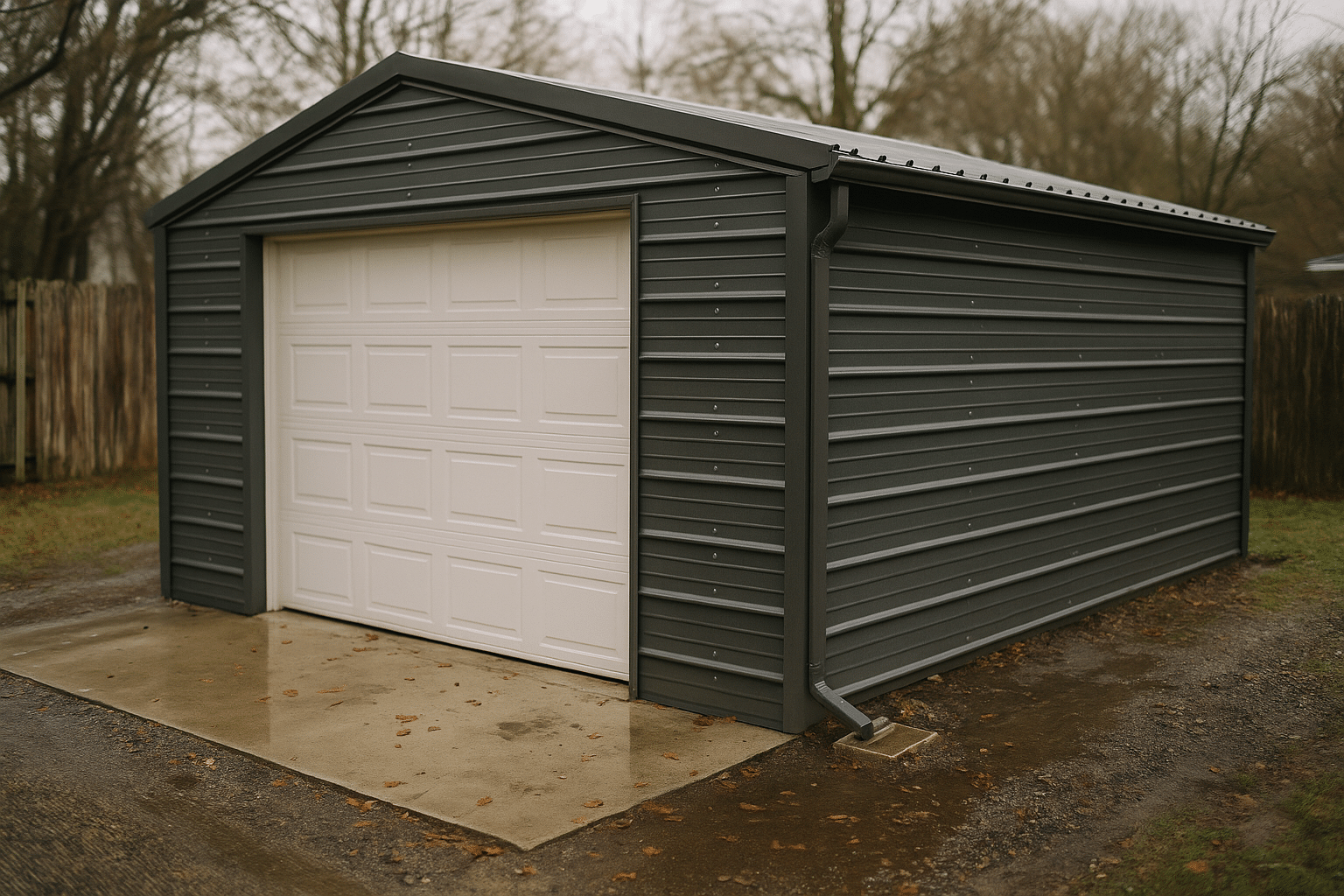
Lost the Car Key? Research Key Replacement Pricing
Introduction to Car Key Replacement
In today’s fast-paced world, losing a car key can be more than just an inconvenience; it can be a significant disruption to your daily routine. Whether it’s a traditional metal key or a modern electronic fob, the process of replacing a car key can be a daunting task. Understanding the intricacies of car key replacement is essential for anyone who owns a vehicle. This article delves into the various aspects of car key replacement, providing valuable insights into the process, options available, and factors influencing the cost.
Types of Car Keys and Their Replacement Methods
Car keys have evolved significantly over the years, transitioning from simple metal keys to complex electronic devices. Understanding the type of key you have is the first step in the replacement process. There are several kinds of car keys:
- Traditional Metal Keys: These are straightforward and usually the least expensive to replace. A locksmith can easily duplicate these keys.
- Transponder Keys: Introduced in the 1990s, these keys have a chip that communicates with the car’s ignition system. Replacing them involves programming the new key to match the vehicle’s system.
- Remote Key Fobs: These keys offer remote locking, unlocking, and sometimes even ignition capabilities. Replacing a fob can be costly due to the programming required.
- Smart Keys: Found in modern vehicles, these keys allow for keyless entry and start. Replacement typically requires visiting a dealership due to the sophisticated technology involved.
Each type of key comes with its own set of challenges when it comes to replacement, and the costs can vary significantly depending on the complexity and technology involved.
Factors Influencing Car Key Replacement Costs
The cost of replacing a car key can vary widely based on several factors. Understanding these can help you make an informed decision when it’s time for a replacement:
- Type of Key: As mentioned, the type of key plays a significant role in determining the cost. Traditional keys are cheaper, while smart keys tend to be more expensive.
- Vehicle Make and Model: Luxury cars often have more complex key systems, resulting in higher replacement costs.
- Location: The cost can also vary based on your geographical location. Urban areas may have higher service costs compared to rural areas.
- Service Provider: Dealerships generally charge more for key replacement than independent locksmiths or third-party providers.
- Programming Requirements: Keys that need programming, such as transponder and smart keys, add to the overall cost.
By understanding these factors, you can better prepare for the expenses involved in replacing a lost or damaged car key.
DIY vs. Professional Car Key Replacement
When faced with the need to replace a car key, vehicle owners often wonder whether to attempt a DIY solution or hire a professional. Both options have their pros and cons:
DIY Replacement: For traditional metal keys, DIY duplication is possible if you have a spare. Some online retailers offer key fob replacements with programming instructions, but this can be tricky and time-consuming. DIY can save money but comes with risks, especially if the programming is incorrect.
Professional Replacement: Hiring a locksmith or visiting a dealership ensures precision and reliability. Professionals have the necessary tools and expertise to handle complex key systems, reducing the risk of errors. While this option may be more expensive, it offers peace of mind and often comes with a warranty.
Ultimately, the choice between DIY and professional replacement depends on the type of key, your technical skills, and your willingness to take risks.
Tips for Preventing Future Car Key Loss
Preventing the loss of your car keys can save you time, money, and stress. Here are some practical tips to help you keep track of your keys:
- Designate a Key Spot: Have a specific place in your home where you always keep your keys.
- Use a Key Finder: Consider investing in a key finder device that uses Bluetooth technology to help you locate your keys.
- Have a Spare Key: Always have a spare key made and keep it in a safe, accessible place.
- Attach a Lanyard or Keychain: Increase the visibility and size of your key bundle to make them harder to misplace.
- Establish a Routine: Make it a habit to check for your keys before leaving any location.
By implementing these strategies, you can minimize the chances of losing your car keys in the future.
Conclusion: Navigating Car Key Replacement
Car key replacement may seem daunting, but with the right information and preparation, it can be a manageable process. Understanding the type of key you have, knowing the factors that influence replacement costs, and weighing the pros and cons of DIY versus professional services are crucial steps. Additionally, taking preventative measures can help you avoid the inconvenience of losing your keys. By staying informed and prepared, you can ensure that a lost or damaged car key doesn’t disrupt your life more than necessary.


